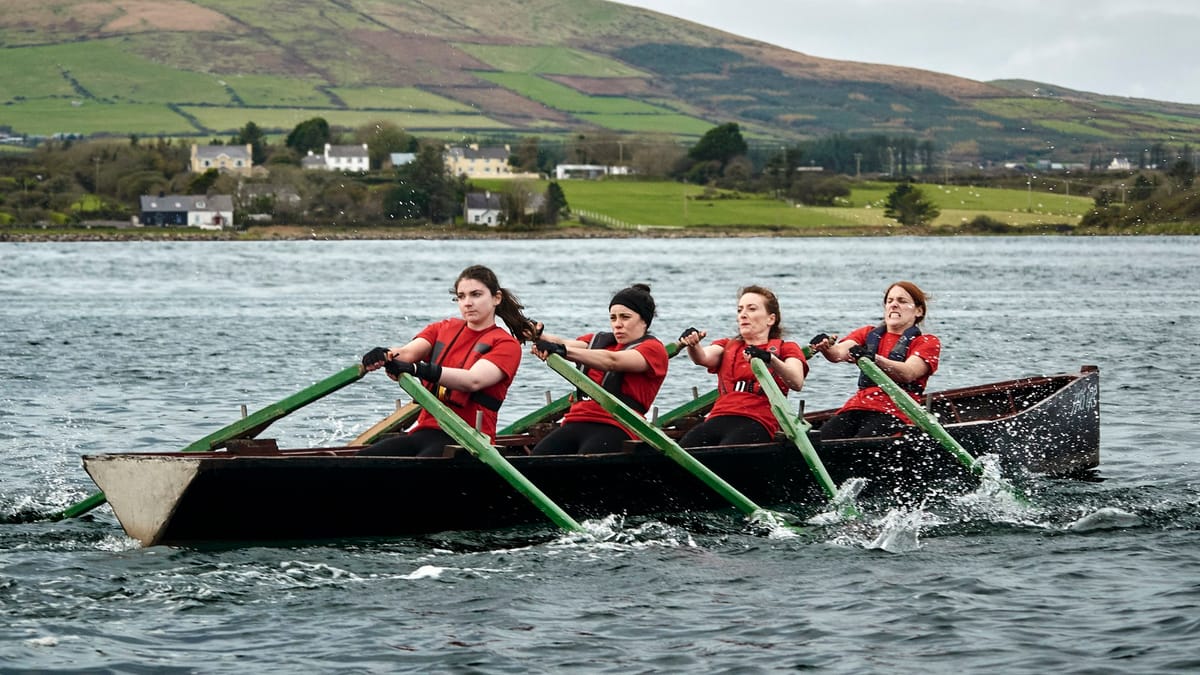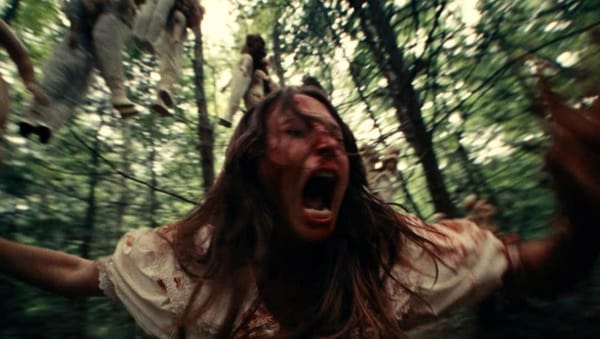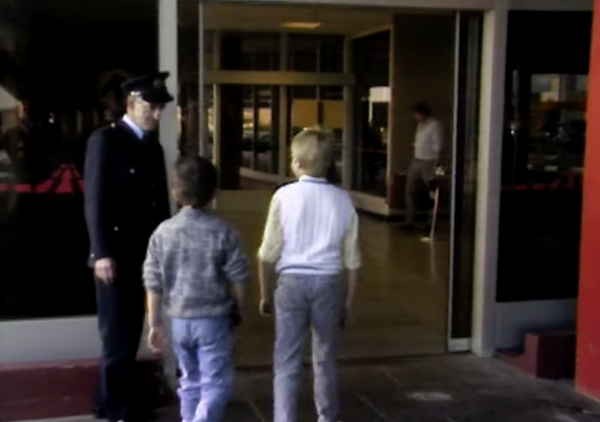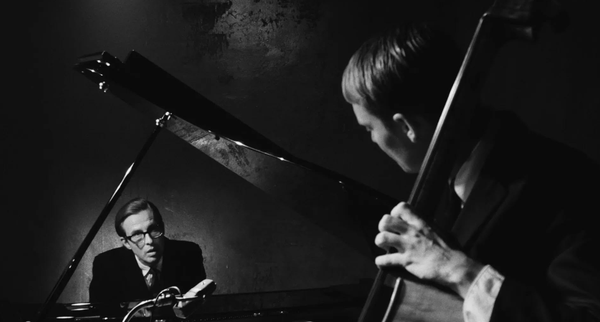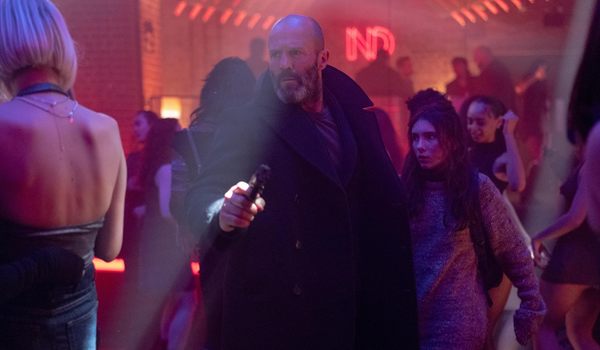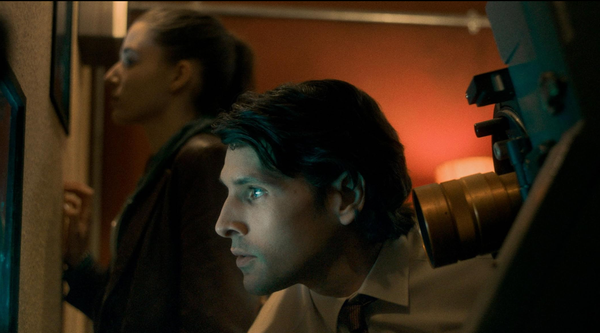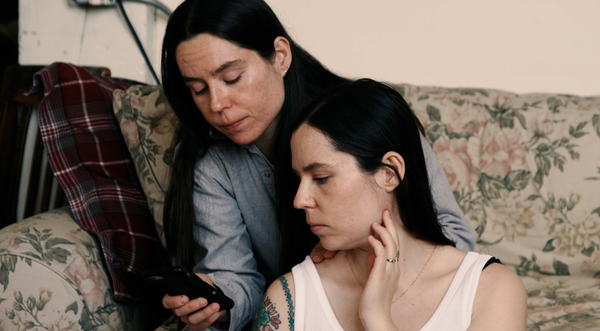Gemma Creagh does a deep dive into Tarrac.
Choppy waters lap on buried familial trauma; Tarrac sees a contemporary Irish-language drama set in the windswept world of Naomhóg racing off the west coast. These are boats, unique to the west coast, that are made of a wooden frame with animal skins stretched over it.
After her father’s health scare, concerned daughter Aoife (Kelly Gough) puts her fast-paced life in Dublin on hold and returns to her family home in a remote Kerry village. It’s close to two decades since her mother died, something that has taken a deep toll on her gruff father Brendan ‘The Bear’ O’Briain (Lorcan Cranitch). At the time Bear, a larger than life character in the community, was disconnected and drowned his grief in the bottle. This is something that hangs in the air between Aoife and Bear’s unspoken interactions.
Not one for idleness, Aoife decides to reunite her old racing crew, Jude (Kate Nic Chonaonaigh) and Aisling (Kate Finegan), convincing them they can beat all of Munster if they train hard enough in the Naomhóg. To complete their team, Aoife recruits a reluctant young talent Naomi (Rachel Feeney) and together, they defy all expectations and begin to place in the sport as underdogs. As the women progress and first place is in their sights, things come to a head with Aoife and Bear in a showdown that threatens to derail everything they’ve worked towards.
The violent beauty of Dingle’s coastal landscape is captured beautifully through the lens of DOP Patrick Jordan and paints a very romantic visual of rural life, of a community banding together in support of their budding women athletes. The Cine4 funding scheme has produced a number of hits, including Arracht and of course, an Cailín Ciúin, and this sits among the bunch as a high quality, entertaining piece of Irish cinema, our language and distinct culture fitting perfectly into the familiar sports movie arc.
There’s nothing over maudlin about Tarrac. This film is surprisingly light, when compared with writer Eugene O'Brien’s other work. While the themes of loss and the fallout of fractured relationships have an undercurrent throughout, this really only pays off in the final moments of the film. The band of women work well as a unit; the four distinct athletes play against one another, each embodying a contrasting aspect of womanhood, giving us snippets of motherhood, ambition, aimlessness. What’s interesting is how Aoife’s internalised torment leaves her with little emotional agency. This is despite her outward sporting ambition being the driving force of the action. While not traditionally cinematic, this is something quite accurate in terms of the reality of women. The portrayal of Bear was surprisingly warm, an interesting contrast with the spectre past conflict, given all those years of neglect and pain.
The energy of the ocean, the force and physicality of these four women on screen is something fundamentally powerful to behold. Let’s have more women-led sports dramas that hit as hard as this one. Anseo.

